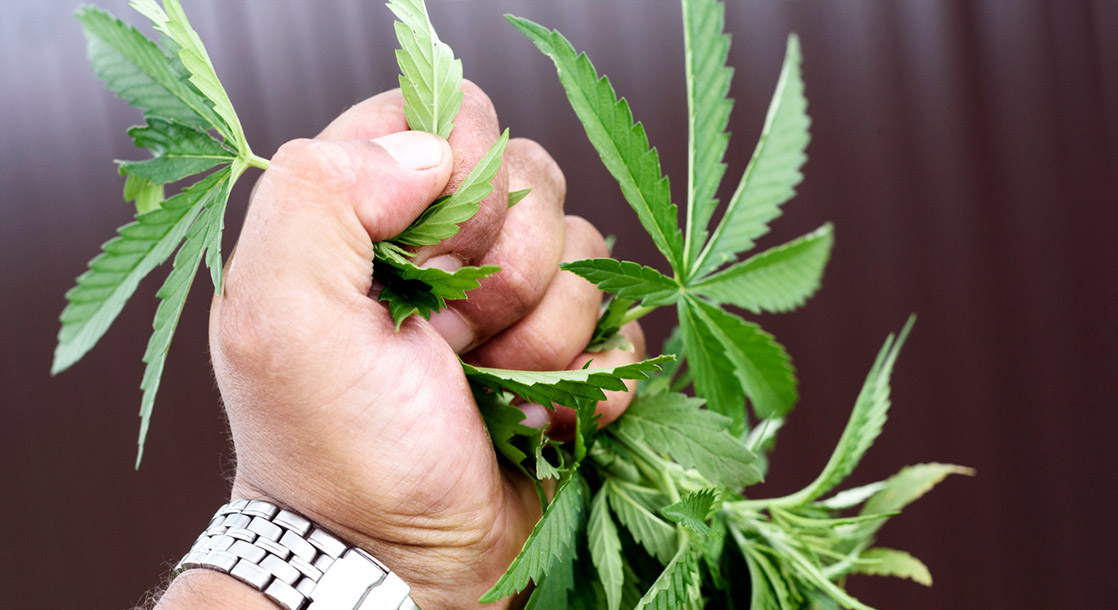As the country struggles with an increasing number of opioid-related addictions and overdoses, pharmaceutical companies are working to create new, non-addictive painkillers. As the opioid crisis has grown over the past decade, the federal government has been cracking down on physicians who overprescribe opioid-based pills, which is starting to put a dent in the $4 billion nationwide prescription opioid market.
Faced with a potential decline in sales, pharmaceutical companies are beginning to explore some unusual alternatives to opioid derivatives. As the baby-boomer generation ages, the need for painkillers to treat osteoarthritis is growing, and several pharmaceutical companies are researching opioid-free painkillers to treat this ailment. Centrexion Therapeutics Corp. has developed an injection using a synthetic form of capsaicin, the active ingredient in chili peppers. In clinical trials, patients who received a single injection of the new drug have reported relief lasting for up to six months.
Even though it is still regarded by the federal government as a dangerous drug with no medical value, numerous recent medical studies have shown that cannabis can be a powerful alternative to traditional painkillers. A recent survey found that 97% of medical marijuana users reported that cannabis-based medication allowed them to decrease their dependence on opioid painkillers. Both Centrexion and Cara Therapeutics Inc. are experimenting with new pharmaceuticals that mimic the analgesic effects of cannabis by targeting cannabinoid receptors.
Some companies are searching in even more esoteric places for alternatives to opioids. Researchers at Genentech are developing an oral drug based on a rare genetic mutation that leaves a tiny percentage of the world's population unable to feel pain. Scientists at Hunter College in New York have turned to the ocean for inspiration, and are developing an intravenous painkiller based on a toxin found in cone snails.











